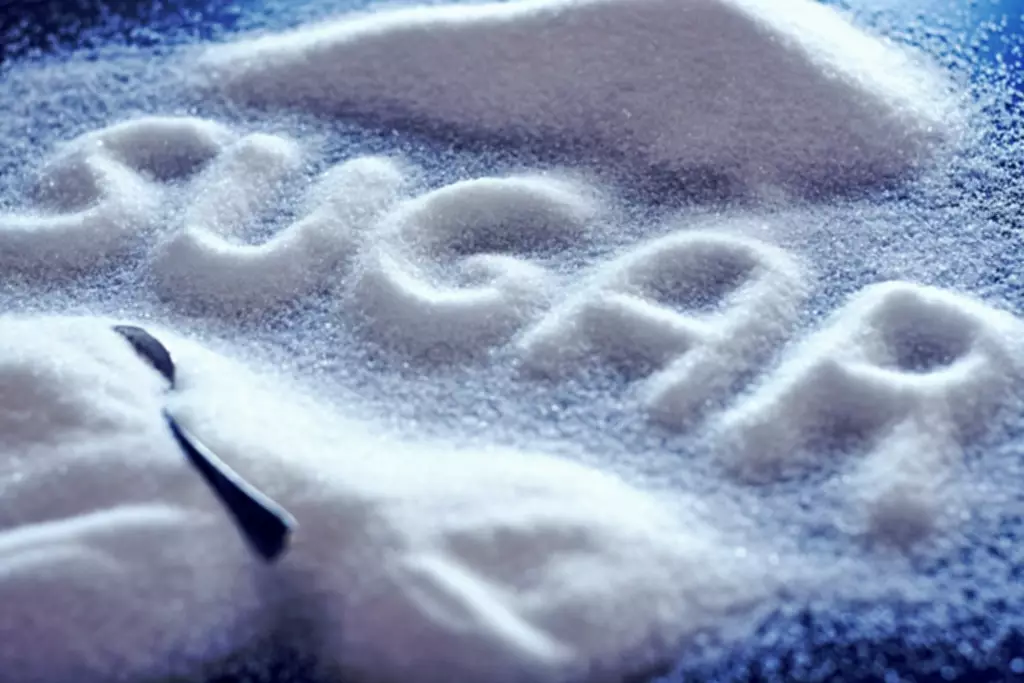
These triggers often originate from within the individual and are closely related to their emotional state. Understanding and managing these triggers can significantly improve an individual’s recovery journey. Effective emotional regulation techniques linked to HALT might include mindfulness meditation, journaling, or physical activities like yoga. Recognizing when one of the states is off-balance can prompt early intervention.
1.4 Theme 4: facilitators of help and support
- Medications play a crucial role in supporting recovery, particularly for opioid and alcohol dependence.
- You’ve been practicing your change for a while now, and that takes serious commitment.
- Keep in mind that while these are popular coping mechanisms, they might not work for everyone.
- For one, you might be tempted to use again “just this once” as a means of celebrating.
- Additionally, technological advancements—particularly smartphone use—were highlighted as a factor that exacerbates harm, given that gambling can now occur”anytime, anywhere”34, 35.
- Therapy, especially cognitive behavioral therapy (CBT), equips individuals with tools to challenge negative thoughts and reinforce healthy behaviors, reducing the impact of triggers.
Resources and coping strategies from therapeutic workbooks, like The PTSD Workbook, provide practical exercises such as grounding internal and external triggers examples techniques, controlled breathing (e.g., box breathing), and self-calming methods. These help regulate emotional arousal when triggers occur, reducing the risk of escalation. Practices like yoga, meditation, regular physical activity, and good sleep habits strengthen resilience and emotional stability. Honesty about challenges, openly discussing feelings, and practicing self-care fortify recovery. Managing emotional and psychological reactions to triggers is a vital part of addiction recovery.
- Active involvement in support groups such as AA or NA provides ongoing encouragement and accountability.
- To do this effectively, it is essential to pay close attention to both internal emotional states and external environmental cues.
- For many people, engaging socially and forming a support system in recovery can feel exhausting.
- Insisting on non-addictive prescriptions and alternatives to medication can help eliminate a potential source of triggers.
How to Develop a Positive Mindset During Treatment

Regularly checking in with one’s emotional state allows for timely action—engaging in healthy activities can serve as powerful distractions from cravings. Healthy coping mechanisms are crucial for managing cravings and avoiding relapse. Techniques such as yoga and meditation can be particularly effective in reducing stress. Furthermore, engaging in fulfilling hobbies like gardening Twelve-step program or cooking provides not only distraction but also a sense of achievement, reinforcing positive emotions. When you feel an urge to use substances, lean into mindfulness techniques and other forms of self-care to remind yourself that you are deserving of long-term recovery and freedom from addiction.

Challenging Emotions
Social skills encompass effective communication, conflict resolution, and relationship management. These skills enable individuals to build supportive environments and navigate social situations that might otherwise trigger relapse. Self-awareness allows individuals to recognize their own emotional states, triggers, and patterns. This understanding helps those in recovery identify unhealthy thought and behavior cycles, making it easier to address issues before they escalate. By writing about feelings, thoughts, and experiences, individuals can identify emotional patterns and triggers that influence https://ecosoberhouse.com/ their behavior.

Additionally, setting boundaries in relationships can help protect against overwhelming emotions that could lead to a relapse. Where physical, spiritual, educational, and financial needs are addressed with a Christian approach for long-lasting recovery. Beyond cravings, this can also lead to a longing for the environment or lifestyle that you left and does not provide the same recall for the reasons that you initially sought recovery. Often a place may trigger a memory of an event, or smelling something, such as a particular cologne, may trigger your memory of a loved relative.
- If you or a loved one struggles with addiction to drugs or alcohol, you are not alone.
- With a comprehensive approach, individuals can foster resilience against cravings and enhance their recovery efforts.
- Physical illness and chronic pain also stress the body and can increase the risk of relapse.
- A relapse may consist of one single use followed by a realization of the mistake, while others may last any length of time.
- Semi-structured interviews were undertaken with self-selected currently serving personnel from the UK Armed Forces.
- Building a sober support network involves creating trustworthy relationships with friends, family, and other recovering individuals.
- When you are exposed to a potential trigger, the cravings will pass within a few hours if you resist the urge to relapse.
